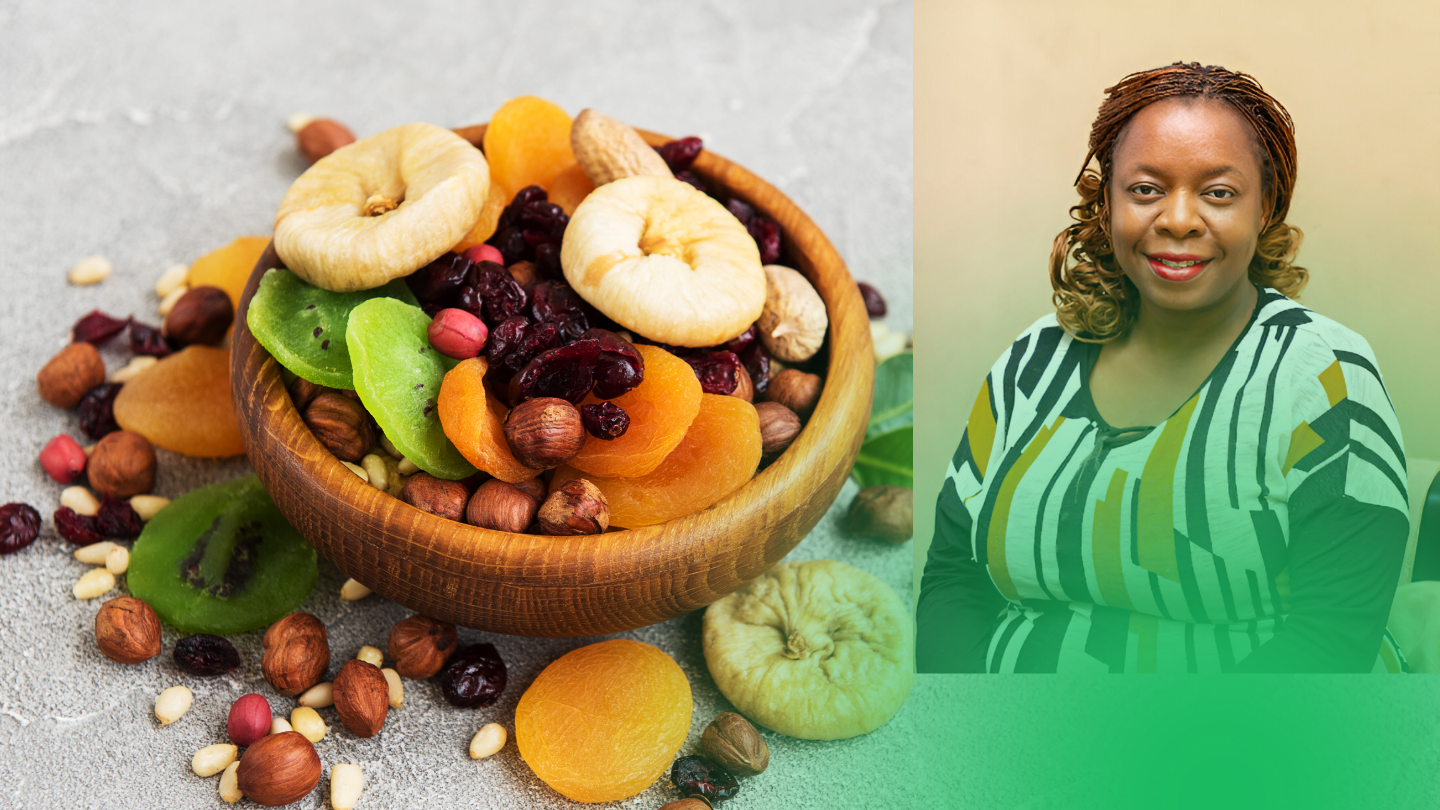
It’s 1:30 a.m. in Harare. While the city sleeps, Blessing Machiya sits at her kitchen table, scribbling ideas in her notebook. It’s not insomnia – it’s strategy time.
“I get up each night between midnight and 2 a.m., because that’s when my mind is clear,” she says. “I do my research, write things down. Then I go back to sleep, and by morning, I’m ready.”
Machiya is the founder of Shumbakadzi Investments, a venture producing dried fruit and vegetable snacks from Zimbabwe’s seasonal surplus. By transforming what would otherwise go to waste, she’s tackling both food insecurity and malnutrition.
“I've seen so many people go without food, and yet, so much ends up going to waste,” said Machiya. “During harvest season, there's often a surplus that farmers can’t sell, and it just goes bad. But a few months later, when food becomes scarce, that produce can make all the difference.”
What started as a home-based effort is now a growing business that partners with farmers and supplies health-conscious consumers with affordable snacks with a long shelf life.
And yet when Machiya joined The DO’s Future of Food Fellowship in 2021, she wasn’t sure if her idea was big enough.
“This program helped me see that my products actually have a place in the market,” she said. “There’s a global shift toward sustainable eating, and I realized I’m part of it. I gained the confidence to really work on my products, because I know there’s a need for them.”
.jpg)
But breaking into the market – and convincing customers to shift their habits – wasn’t easy.
“At first, it wasn’t even about profit. I just wanted people to try something new,” Machiya said.
She gave out free samples, posted her story online, and slowly, interest grew. People started asking for more.
“It took time to get people to understand that instead of sweets, you can snack on dried bananas. Instead of biscuits, dried apples,” she said. “You can even cook with dried vegetables, and they have the same nutritional value as fresh produce.”
That shift from processed snacks to whole, dried foods is central to her long-term vision of a more sustainable food system that’s better for local populations and the planet.
Running a mission-driven business requires a deep sense of commitment – as well as stamina. As her venture grows, Machiya says her nighttime ritual is what keeps her grounded.
“Sometimes being an entrepreneur means being too busy for yourself,” she says. “But this routine gives me clarity. It helps me stay intentional.”
And when the sun rises over Harare, Machiya is already a few steps ahead – her plan clear, her mission intact.
